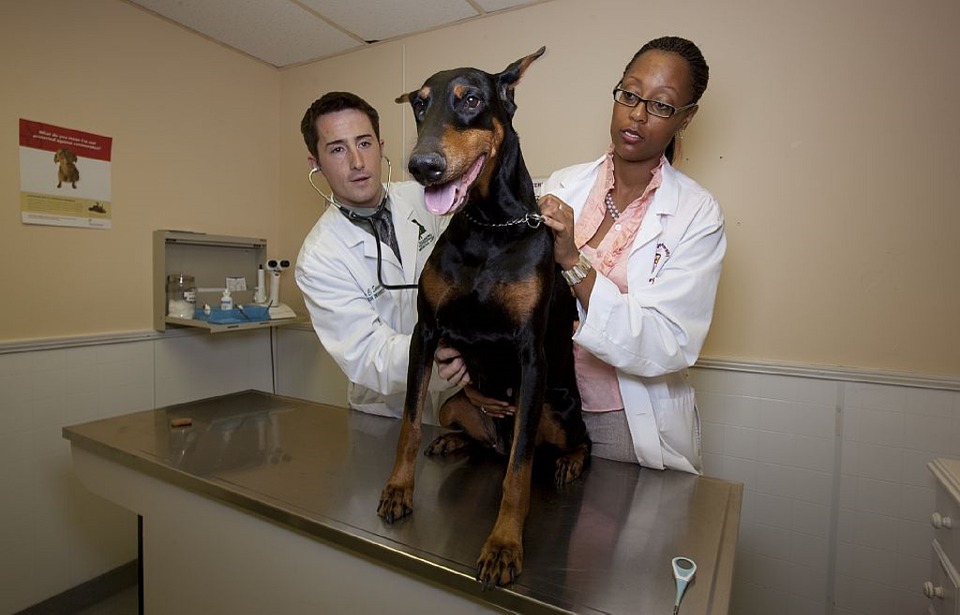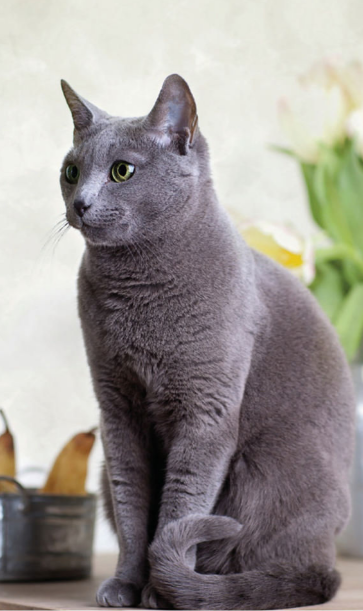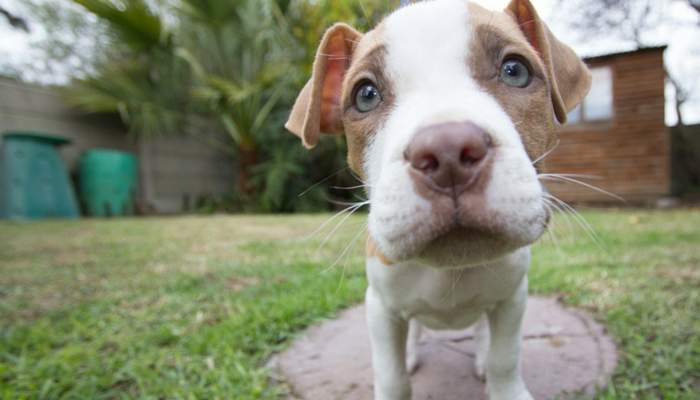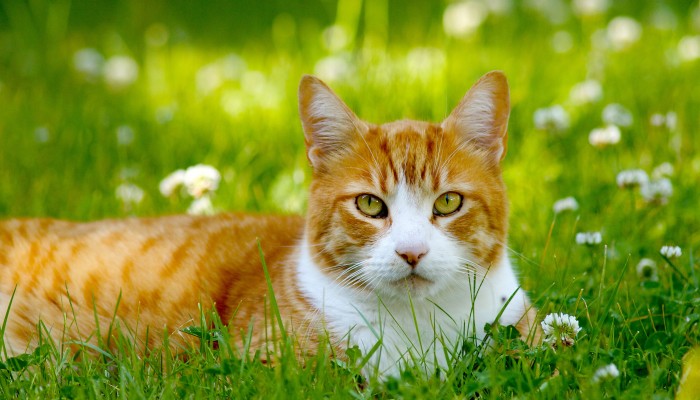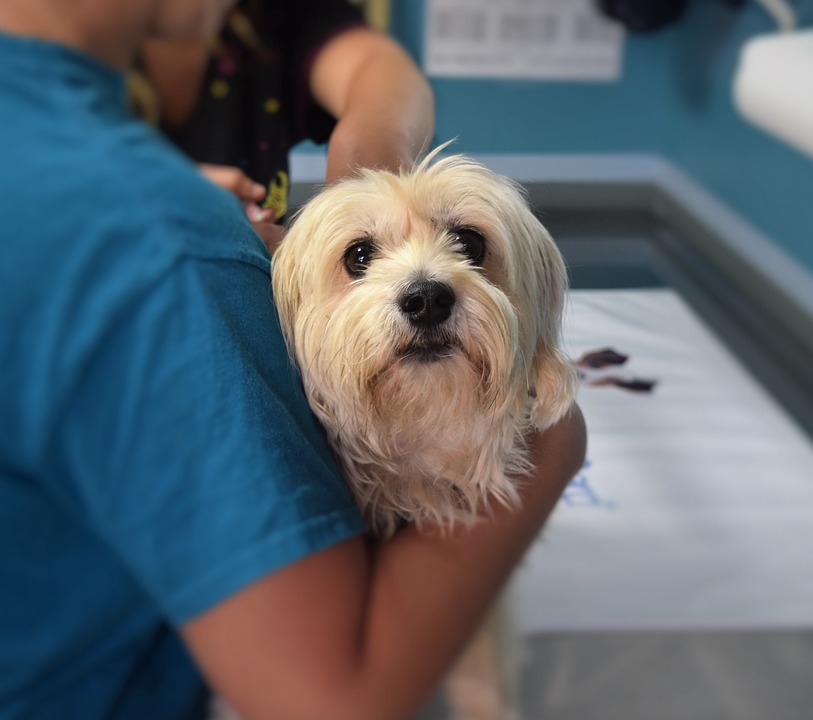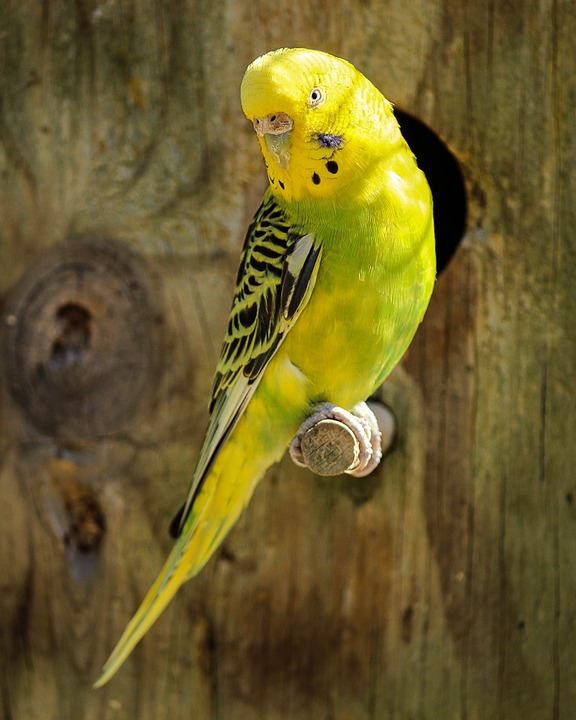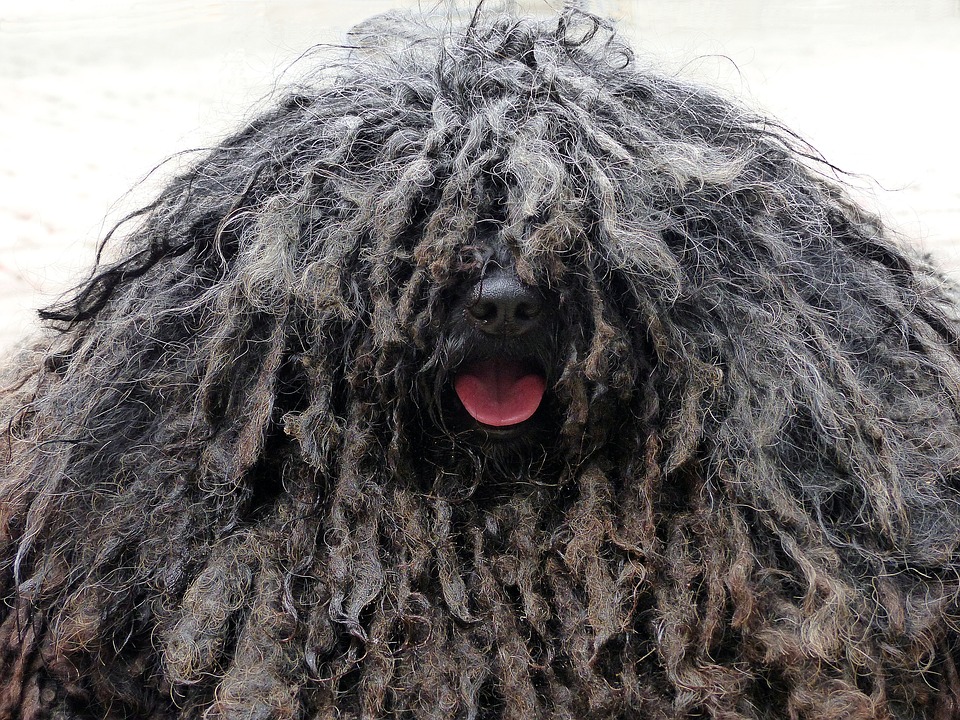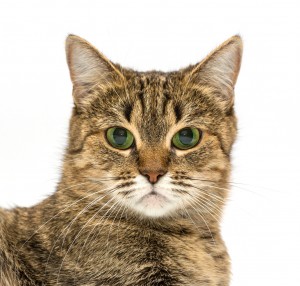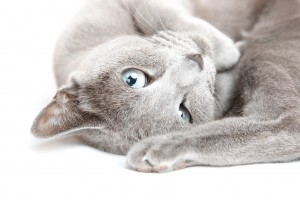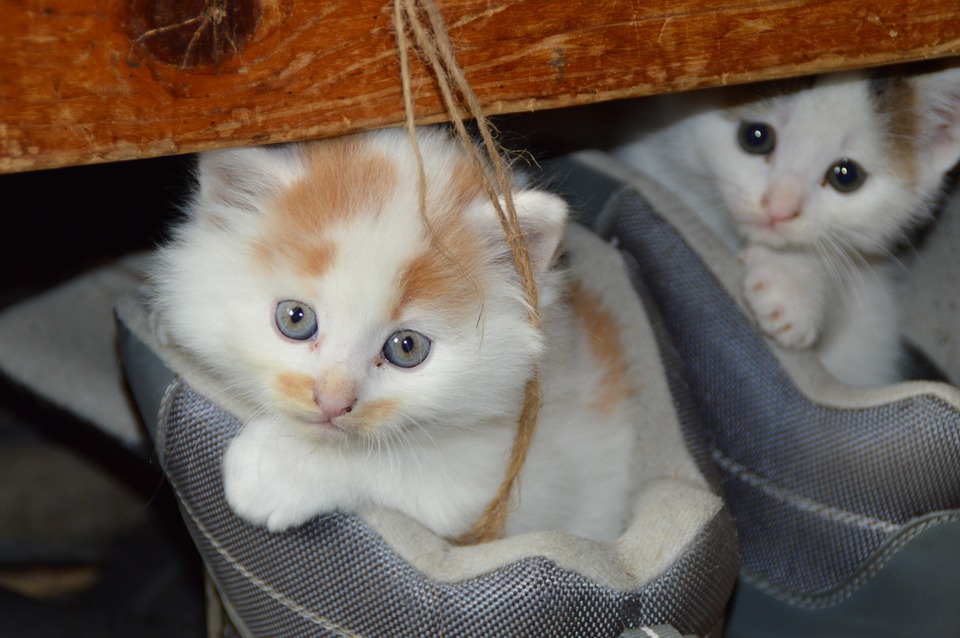FIV (Feline Immunodeficiency Virus) is an incurable and contagious retrovirus, very similar to HIV. It attacks the immune system of cats, rendering them vulnerable to a variety of illnesses. Because of this lowered immune system, viruses and ailments which are usually quite harmless to cats, such as snuffles, fungal infections and colds, can lead to death. FIV positive cats are also more susceptible to more serious illnesses, such as cancers and pneumonia. The good news is, however, that thanks to modern scientific research and new information on FIV, if your cat is in fact infected, it can live a relatively long and happy life.
Details
Cause
Unlike HIV, which is transmitted via sexual contact, FIV is primarily transmitted through the saliva of infected cats, so is most commonly caused by bites when cats are in fights. In very rare cases, FIV can be passed on to kittens by FIV positive mothers through birth or ingesting milk. FIV is very unlikely to be transmitted through sexual contact.
Symptoms
Depending on the stage of FIV, FIV symptoms can vary greatly, and can often be mistaken for a variety of other illnesses. Some signs to look out for include:
Loss of appetite and weight loss
Gingivitis
Skin problems/infections
Ongoing bladder and upper respiratory tract infections
Chronic Diarrhea
Cancer
Seizures and neurologists
(the last 2 symptoms being in the late stages of FIV (also known as Feline AIDS)
Diagnosis
Because FIV does present so many different symptoms, ruling out the illness with a FIV test is always important before ailments are treated. In general, all cats should ideally be tested at least once.
- Newly adopted cats, especially those from shelters, should always be tested,especially if you already have cats in your home.
- Male cats, particularly unneutered cats are often susceptible to FIV as they often fight over territory and when females are on heat.
- If your cat has any bite or scratch wounds.
A veterinarian can diagnose your cat by using tests which detect antibodies against FIV. The ELISA screening test is used to test for FIV. Keep in mind that it can take up to 12 weeks for a positive result to show up after possible exposure, so if your cat is shown as FIV negative, he should be retested after a 12 week period.
Treatment
First and foremost, there is a vaccine for FIV, which, once your cat is tested and shown as 100% negative, should be administered. The good news about FIV positive cats is that modern treatments now afford them longer and relatively normal and happy lives. Regular check ups at the vet and keeping a close eye on any changes in behaviour or health are vitally important. Along with that, immune boosting nutrition and supplements can prolong your cat’s life greatly. A specially designed diet plan can be discussed between you and your vet.
The Bottom Line
Hearing that your cat is indeed positive for FIV can be scary and devastating if you are not familiar with the disease. Like HIV, today, FIV is no longer a death sentence. With the right treatment and care, you will get to spend plenty of time with your beloved feline.

